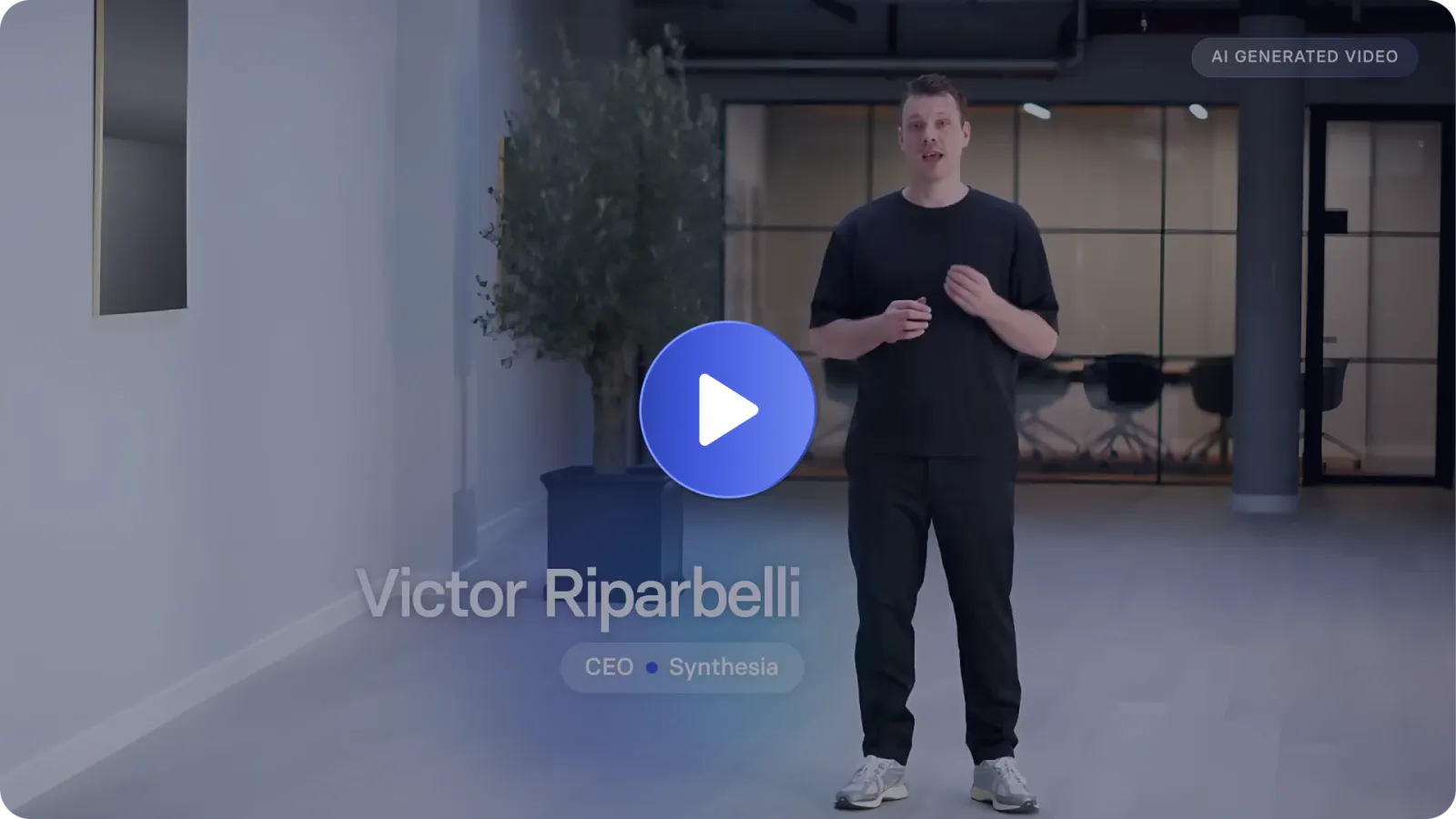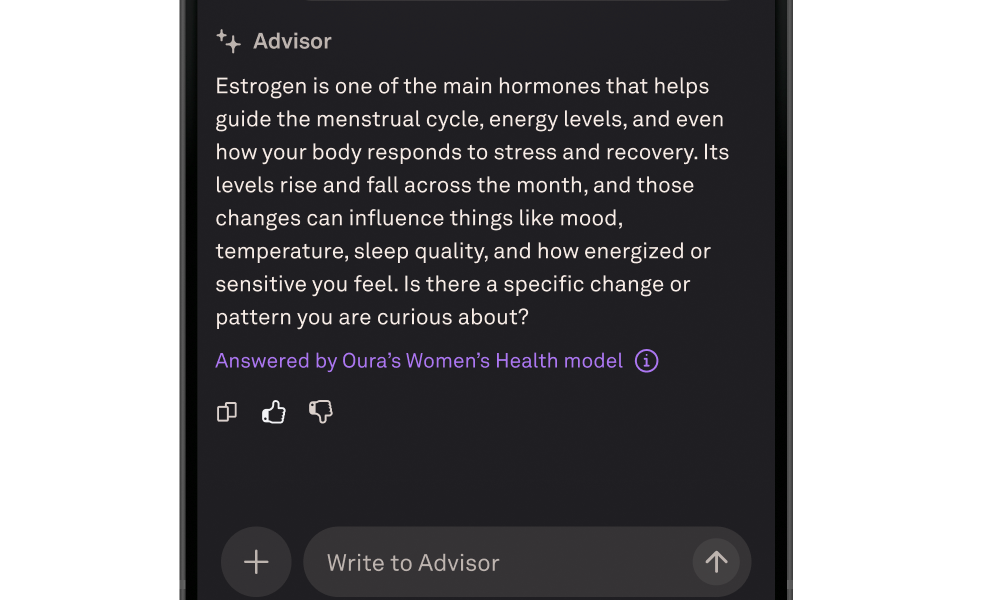Synthesia, a leading platform for AI-enhanced video communications, recently announced it secured $180 million in a Series D round. The successful closure of this funding round brings Synthesia's total raised capital to $330 million and establishes the company's valuation at $2.1 billion. This means Synthesia is officially the UK's largest generative AI company, and the second largest in the UK's AI industry overall. NEA led the Series D, which counted with the participation of existing investors GV, MMC Ventures, and FirstMark. Several first-time investors contributed to the round, including WiL (World Innovation Lab), Atlassian Ventures, and PSP Growth.
In June 2024, Synthesia revealed it was building Synthesia 2.0, a platform to revolutionize business video communications. Several announced features, including AI-powered Personal Avatars, the AI Screen Recorder Chrome extension, a video localization solution, and collaboration tools, are already online to enable enterprises and other organizations to create and distribute videos at scale. Supported use cases include learning and development, sales enablement, customer support, marketing, and business operations.
The company's focus on privacy and security has earned the trust of over 60,000 customers hailing from diverse industries and markets, including 60% of Fortune 100 companies. Last year, Synthesia became the first ISO 42001-compliant AI video company. It is also the only one to have held a comprehensive public red team, organized by tech non-profit Humane Intelligence.
In parallel to the funding announcement, Synthesia shared news about the appointment of Peter Hill as Chief Technology Officer. Hill brings his extensive experience from a 25-year tenure at Amazon and AWS and a shorter stint as CEO and CPO of Wildfire Studios.
Synthesia now employs over 400 people across offices in London, New York, Copenhagen, Amsterdam, Zurich, and Munich. With this latest funding, Synthesia plans to expand its presence in key markets including North America, Europe, Japan, and Australia, while continuing to innovate in the rapidly evolving field of AI-powered video communications.







Comments